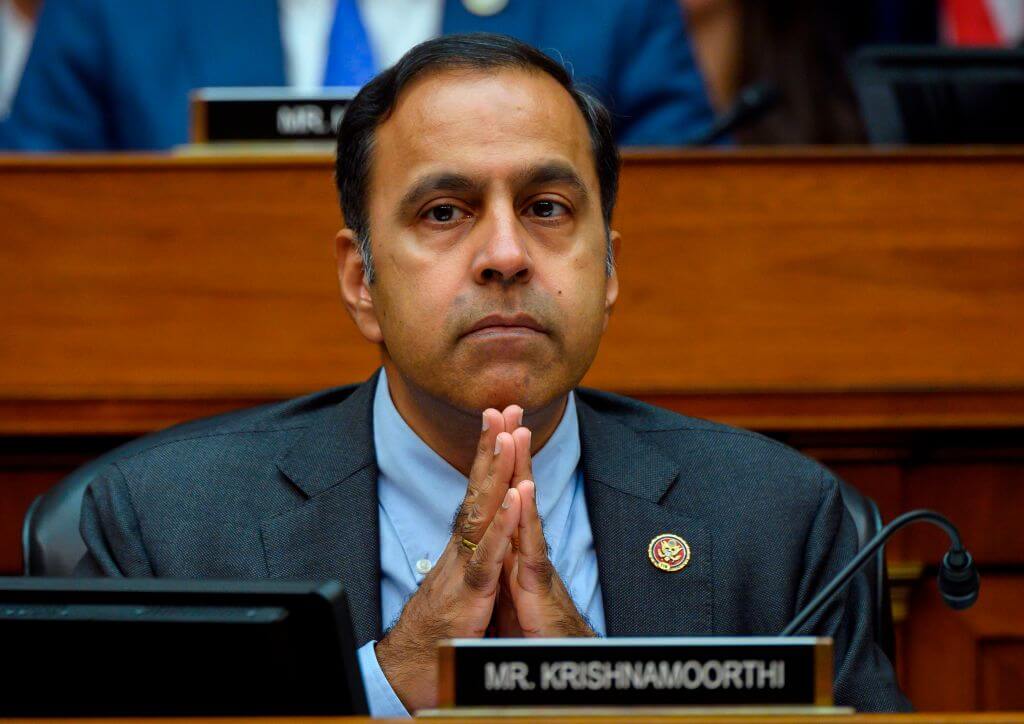Two high-ranking American officials have raised concerns about the ongoing India-China border tensions. On Thursday, Congressman Raja Krishnamoorthi, an Indian-American politician, appealed to China to halt its military provocations at the Line of Actual Control (LAC).
After a closed-door meeting on the issue at the House Permanent Select Committee on Intelligence, Krishnamoorthi said, “I am deeply concerned about this issue, which is why I authored a bipartisan resolution overwhelmingly approved by the House urging China to end its military provocations of India and to pursue a diplomatic resolution.”
Additionally, Lisa Curtis, the deputy assistant to the President and National Security Council Director for South and Central Asia, told think tank Carnegie Endowment that the skirmishes have “reinforced the importance of the US-India strategic partnership”. She further added that the actions of the Chinese People’s Liberation Army (PLA) had strengthened Washington’s resolve to build upon its relations with India to counter Beijing’s aggression, especially in the Indo-Pacific. Noting India’s ‘strong’ response to the border transgressions, Curtis said that the United States (US) had supported India since the crisis began, although the details of this help remained ambiguous in her statements.
Over the past three months, several high-level Indian and Chinese officials have engaged in discussions and talks after soldiers from both sides were killed in clashes at Galwan Valley. However, they have been unable to move past the impasse. On 10 September, the foreign ministers of both sides met at the sidelines of the Shanghai Cooperation Organization (SCO) summit in Moscow, and reportedly devised a neutral five-point memorandum to defuse tensions in Ladakh. The leaders agreed that border forces from both parties must “continue their dialogue, quickly disengage, maintain proper distance and ease tensions”.
According to a recently-released assessment, the PLA had increased its number of battalions in Ladakh to 50 by September. On 7 September, just a few days before S. Jaishankar and Wang Yi met in Russia, PLA troops tried to come “dangerously close” to a forward-positioned troop of the Indian Army, resulting in 100-200 shots being fired into the air.
On Thursday, Indian media reported that PLA forces stationed in Ladakh blasted Punjabi music on loudspeakers to distract Indian soldiers sitting at the Finger 4 position. While this may seem rather amusing and harmless to some, this tactic is a common form of psychological warfare and has been used by China even in the past as a provocation method in the 1962 war and in the 1967 Nathu La skirmish. In the Korean Peninsula in 2015, troops from South Korea also often blared K-Pop music at the border to bother their Northern adversaries.
American Lawmakers Express Concern about India-China Border Row
The politicians have signalled hope for strengthened US-India ties to counter China’s regional influence.
September 18, 2020

Illinois Rep. Congressman Raja Krishnamoorthi, 2019. SOURCE: TIME/AFP
